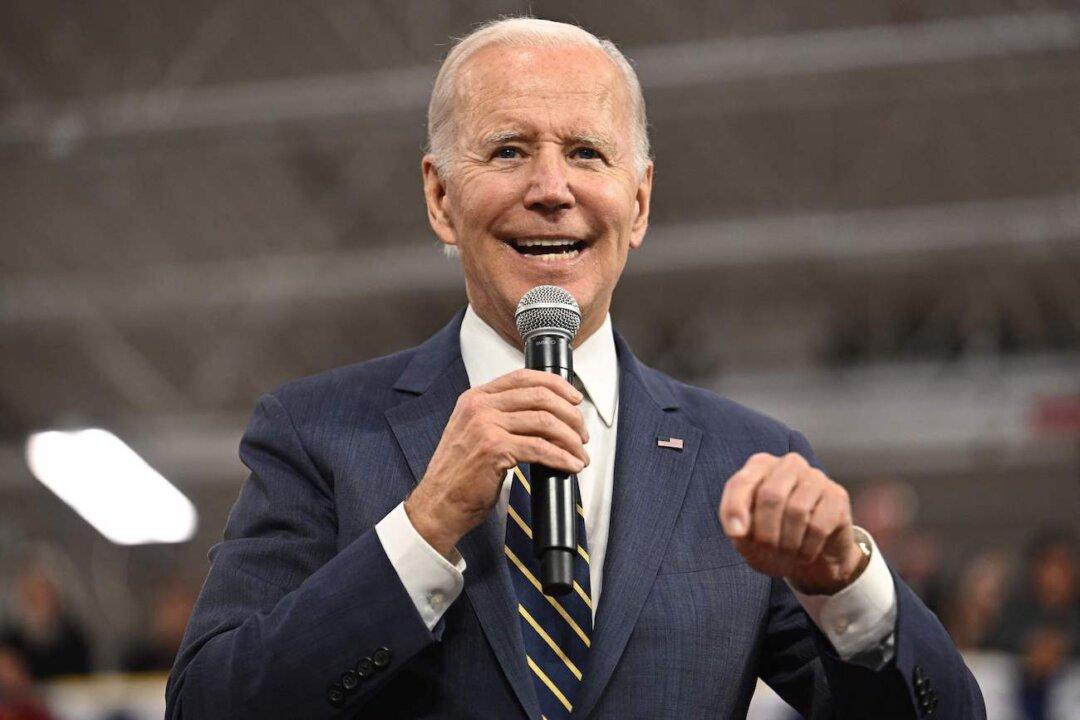Railroad workers and their union leaders have criticized President Joe Biden’s call for Congress to block a planned strike from going ahead amid concerns over the U.S. economy.
Biden warned on Monday that a rail shutdown would “devastate” the economy, while up to 765,000 Americans—many union workers themselves—“could be put out of work in the first two weeks alone.”




